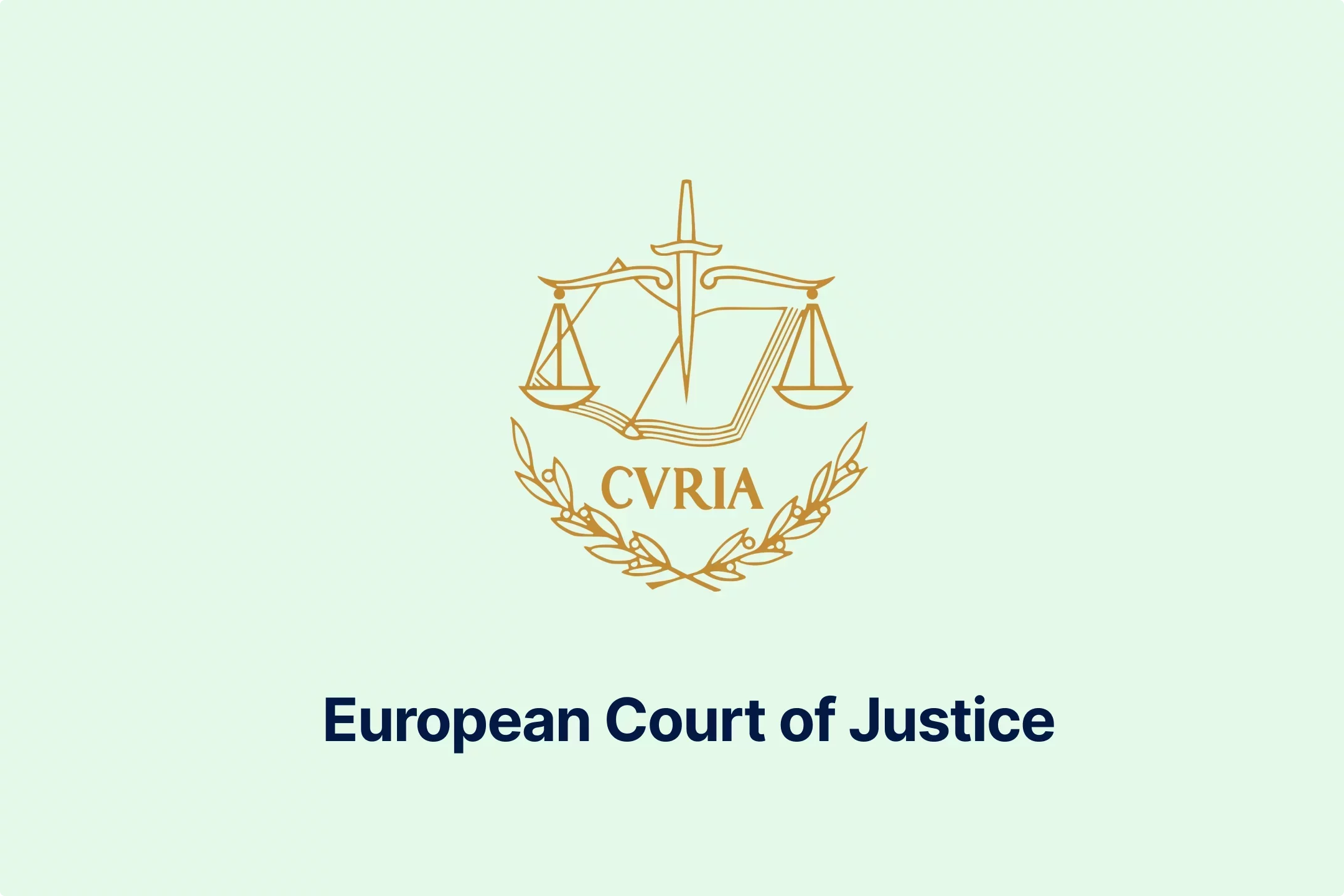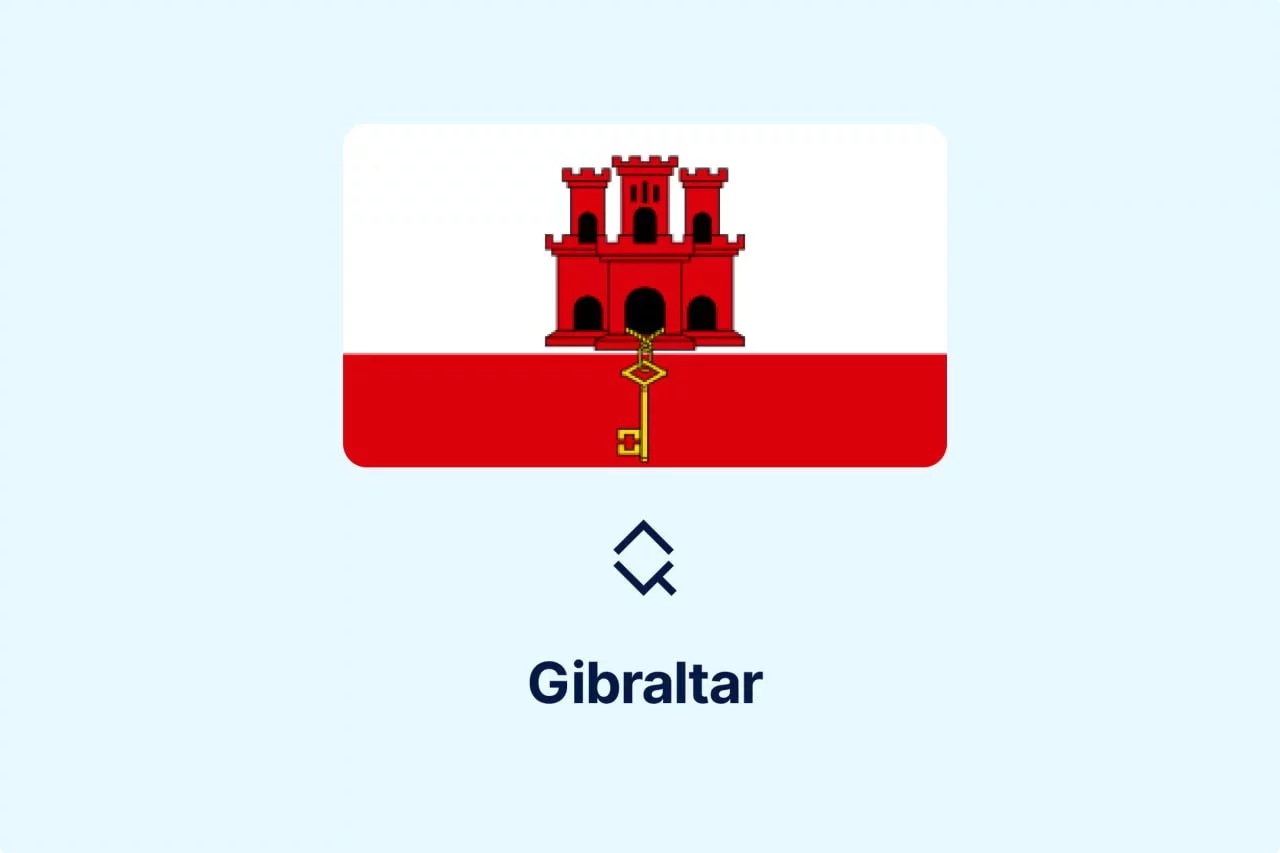ECJ Case C-552/17: VAT Treatment of Holiday Rentals & Ancillary Services

Case C-552/17 refers to a case between Alpenchalets Resorts GmbH (Alpenchalets), a German-based company, and a Federal Finance Court in Germany regarding whether the single supply of holiday accommodation in association with other ancillary services falls under the scope of the special scheme for travel agents or standard VAT rules.
In addition, the case deals with which VAT rate should be applied, standard or reduced, if these services fall under the scope of the special scheme for travel agents.
Background of the Case
This case goes back to 2011, when Alpenchalets rented properties in Germany, Austria, and Italy from their owners and sub-rented them to customers for short-term holiday rentals. In addition to short-term rental services, Alpenchalets also offered additional services to their customers, such as laundry, bread rolls, and cleaning services.
Alpenchalets initially calculated VAT based on its profit margin, applied the standard VAT rate to services provided, and submitted VAT returns accordingly. However, in 2013, they submitted a request to correct their VAT return by applying the reduced VAT rate. The Munich Tax Office denied this request.
Displeased with such a decision, the Alpenchalets appealed before the Finance Court, which denied the appeal, stating that applying the reduced VAT rate was impossible because the supply of a travel service did not fall under the scope of the so-called taxation of margins rule.
Unwilling to accept the Finance Court's decision, Alpenchalets challenged this ruling before the Federal Finance Court (FFC). After examining all the relevant documents and evidence and determining the rules defined by previous ECJ rulings and the EU VAT Directive, the FFC was unsure whether a special scheme for travel agents applies to the services of a travel agent that provides only accommodation. Furthermore, the FFC needed clarification on which VAT rate should be applicable in this case.
Therefore, the FFC decided to pause the proceeding and go to ECJ with a request for a preliminary ruling.
Main Questions from Request For Ruling
The FFC referred two main questions to the ECJ. The first question was whether providing holiday accommodation services, with other services being only ancillary, is subject to the special scheme for travel agents. The holiday accommodation services are the primary activity, whereas the additional services, such as cleaning, are secondary and support the main accommodation supply.
If the ECJ determines that the answer to the first question is affirmative, the supply is subject to a special travel agent scheme. The second question is whether these services qualify for a reduced VAT rate.
Applicable EU VAT Directive Article
The main articles relating to this case are Article 98 and Articles 306 to 310 of the EU VAT Directive. Article 98 defines that EU countries may apply one or two reduced VAT rates, which may apply only to the supply of goods and services listed in Annex III of the EU VAT Directive.
Articles 306 to 310 are part of Chapter 3 of the EU VAT Directive, dedicated to the special scheme for travel agents. The special scheme applies to travel agents who sell travel services in their name using goods and services provided by other taxable persons, such as hotels. Under this scheme, all travel agents' activities are treated as a single service, meaning that all aspects of the transaction are bundled and taxed as one supply.
The VAT rate applicable to these transactions is the same as that of the EU Member State where the agent's business is established. The travel agent's margin, which is the difference between what the customer pays and the cost incurred by the agent for third-party supplies, determines the taxable amount.
However, agents that act as intermediaries are exempt from this scheme. Also, if the third-party transactions occur outside the EU, services provided by the agent are treated as intermediary activity.
Germany National VAT Rules
Paragraph 12 of the Law on Turnover Tax from 2005, amended in 2009, states that the 19% rate applies to the taxable amount of all taxable transactions. Additionally, it states that the reduced rate of 7% applies to, among other things, short-term rentals of accommodation and camping.
However, this only applies to the core activity of providing accommodation. Any ancillary services not directly related to the provision of accommodation are excluded from this classification, even when bundled into the rental price.
Article 25 of the same law further defines taxation rules for travel services. This Article describes the single service concept, exemption for third-country services, taxable amount under the margin scheme, and input VAT deduction restrictions in the same way defined under the EU VAT Directive.
Importance of the Case for Taxable Persons
The case between Alpenchalets and FFC provides essential guidance on applying the special VAT scheme for travel agents. It clarifies bundling services and the VAT rate applied to those services. For taxable persons, especially those combining accommodation with additional services, the case establishes the framework for VAT compliance that prioritizes simplicity and alignment of the VAT rule on the EU level.
Analysis of the Court Findings
In its ruling, the ECJ carefully examined both questions separately. Regarding the first question, the ECJ underlined that the special scheme applies only where the travel agent uses supplies of goods and services bought from other taxable persons to organize the journey, as previously determined by the ECJ case C‑557/11.
However, the ECJ noted that in this case, it is unknown whether the owners or operators of properties who have leased their properties to Alpenchalets are taxable persons subject to VAT. Therefore, the ECJ assumed owners and operators are subject to VAT to answer the first question.
On those bases, and under prior case law, primarily Van Ginkel C‑163/91 case, even the mere provision of accommodation by a travel agent can fall under the scheme. This ensures that the holiday packages are uniformly taxed regardless of whether they only include accommodation or a combination of accommodation and ancillary services. Excluding accommodation-only services from the special scheme would lead to a fragmented and inconsistent tax regime, contrary to the VAT Directive's purpose of simplifying taxation for travel services.
Regarding the second question, the ECJ confirms that when a travel agent provides services, including holiday accommodation, under the special scheme, these are treated as a single service supplied by the travel agent. However, the ECJ stated that although Article 98(2) of the EU VAT Directive permits reduced VAT rates for goods or services explicitly listed in Annex III of the VAT Directive, the single service supplied by travel agents is not on the list.
Courts Final Decision
The ECJ ruled that when a travel agent provides holiday accommodation, whether on its own or with additional services, the entire service is treated as a single taxable transaction under the special VAT scheme for travel agents. Furthermore, travel agent services fall under the special VAT scheme and cannot benefit from a reduced VAT rate.
Conclusion
The presented case highlights the importance of consistently applying VAT rules within the EU, especially for the travel and tourism sector, where accommodation services matter the most. The ECJ decision once again confirms that travel agents offering holiday accommodation, whether standalone or with ancillary services, must apply the special VAT scheme for travel agents.
In addition, the decision affirms that ancillary services cannot benefit from a reduced VAT rate under the special scheme. The decision reinforces the principle that services under the scheme are treated as a single supply, ensuring consistent application of EU VAT rules. Finally, this decision limits flexibility for businesses seeking to leverage reduced rates.
Source: Case C-552/17 - Alpenchalets Resorts GmbH v Finanzamt München Abteilung Körperschaften, EU VAT Directive

More News from Europe
Get real-time updates and developments from around the world, keeping you informed and prepared.
-e9lcpxl5nq.webp)







-3rcczziozt.webp)

-rvskhoqpms.webp)




-a5mkrjbira.webp)

-ivkzc1pwr4.webp)




-hssrwb5osg.webp)



-c06xa1wopr.webp)









-webajrr4ny.webp)
-evibmwdwcn.webp)
-7acdre0hop.webp)

-lcgcyghaer.webp)
-ol6mdkdowg.webp)
-aqdwtmzhkd.webp)

-njgdvdxe2u.webp)



-i6rki3jbad.webp)
-hdwgtama05.webp)

-atbhy5fyxv.webp)






-zp2n6zixoa.webp)
-oa1ynbm4sn.webp)


-lltkno6txy.webp)



-do38odrqnq.webp)

-t409oldqzt.webp)

-hordopb6xh.webp)

-ooimnrbete.webp)

-lwb5qpsily.webp)


-eumafizrhm.webp)

-mtqp3va9gb.webp)

-3ewrn1yvfa.webp)
-591j35flz2.webp)

-huj3cam1de.webp)


-hafis0ii23.webp)

-qseaw5zmcy.webp)



-qzsah2ifqx.webp)


-69rzooghib.webp)
-wrvng98m0g.webp)


-psucycuxh2.webp)
-klyo8bn5lc.webp)




-6wv5h5eyyd.webp)
-tfgg78rbid.webp)
-a6jpv9ny8v.webp)
-qhdbapy0qr.webp)


-owvu7zoc13.webp)


-h28jrh1ukm.webp)

-wl9bl1rw3a.webp)

-2w76jtvtuk.webp)

-c0uvrmrq9j.webp)



-pofe7ucwz3.webp)



-5cc23ezxyf.webp)
-rrmabbekeb.webp)








-iyyeiabtaf.webp)
-c8rbjkcs01.webp)
-nilkffjhah.webp)

-hikakq55ae.webp)

-z1d60bldtg.webp)
-d1a0q6n7mp.webp)
-viip8nvoeh.webp)
-bvv1otliox.webp)



-de8hdb1bn3.webp)
-7xsxxoypnx.webp)

-cm0opezg73.webp)
-0tovsdupmi.webp)
-subxdamdj6.webp)


-gly6ablwnh.webp)
-gkduqhwbzh.webp)
-qpe1ld9vcj.webp)
-8noukwsmba.webp)
-aka29tuhkt.webp)


-fisvs27yrp.webp)


-mp0jakanyb.webp)

-aivzsuryuq.webp)



-o7f4ogsy06.webp)

-zjja92wdje.webp)
-hrbhdts8ry.webp)
-qtdkwpgkug.webp)


-cf8ccgah0p.webp)
-0em3cif5s6.webp)






-ptzesl0kij.webp)

-tfzv42pyms.webp)







-uodv7sfbih.webp)
-bbrdfmm9qf.webp)



-m2tl8crfqr.webp)




-1awbqjgpjs.webp)
-avbjsn1k1g.webp)


-0h8ohkx6s0.webp)



-wfmqhtc7i6.webp)
-7wljbof2zo.webp)

-eqt97uyekl.webp)
-wzw9mcf563.webp)

-z4oxr6i0zd.webp)




-l0zcrrzvhb.webp)
-fhtic1pwml.webp)

-iipdguuz9p.webp)
-nkhhwrnggm.webp)
-pltqwerr3w.webp)

-nn6mtfbneq.webp)

-tmnklelfku.webp)



-8z1msbdibu.webp)
-7g16lgggrv.webp)



-lxcwgtzitc.webp)
-9mc55kqwtx.webp)


-xla7j3cxwz.webp)
-jrdryw2eil.webp)






-t9qr49xs2u.webp)


-qjopq5jplv.webp)



-vune1zdqex.webp)

-qsozqjwle2.webp)
-rgjta7iwiv.webp)

-zb6bxxws47.webp)
-lyfjzw4okp.webp)

-ogpfmol5m1.png)


-czisebympl.png)

-zetvivc79v.png)
-ud7ylvkade.png)
-qizq6w2v5z.png)







-ihr6b4mpo1.webp)
-k1j4au0ph6.webp)
-swxxcatugi.webp)


-ig9tutqopw.webp)

-tauoa6ziym.webp)

-spr0wydvvg.webp)

-xfuognajem.webp)





-u2nv5luoqc.webp)








-opuxpan2iu.webp)




-kwttsfd8ow.webp)
-8u14qi10nj.webp)

-wjpr96aq5g.webp)

.png)

.png)


.png)


.png)



.png)
.png)
.png)
.png)
.png)
.png)
.png)




.png)
.png)




































































































































